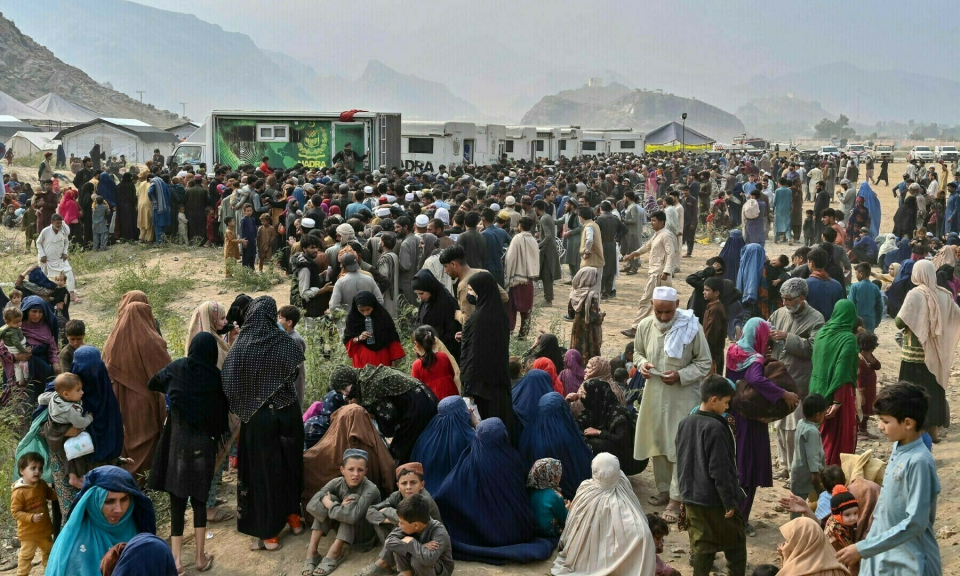At least 44,000 Afghans, approved for relocation to Western nations following the Taliban's return to power, remain in limbo in Pakistan. Despite promises of new lives in countries involved in Afghanistan's 20-year occupation, these individuals face uncertainty as they wait for relocation.
More than 120,000 people were airlifted from Kabul in August 2021 after the Western-backed government collapsed. Since then, hundreds of thousands more Afghans have fled, fearing retribution for their work with occupying forces. However, the US and other Western countries have since backtracked on their commitments, leaving many stranded.
Pakistani Foreign Office spokeswoman Mumtaz Zahra Baloch stated that 25,000 Afghans approved for relocation to the US, 9,000 to Australia, 6,000 to Canada, 3,000 to Germany, and over 1,000 to Britain are still in Pakistan. Baloch urged these nations to expedite the approval and visa issuance processes.
The longer these refugees wait, the higher their risk of deportation to Afghanistan. The US and its allies heavily relied on local support in Afghanistan, placing these collaborators at great risk of retribution.
Since 2006, the US Congress has established several Special Immigrant Visa (SIV) programs, yet thousands remain trapped in legal limbo in Pakistan. Islamabad currently hosts nearly three million Afghans, with close to 2.4 million having some form of legal documentation. Around 600,000 Afghans have traveled to Pakistan since the Taliban's takeover, but more than half have returned to Afghanistan due to threats of arrest and eviction.
Meanwhile, over 70% of the 3.6 million Afghans who fled since August 2021 are in Iran, presenting significant challenges for the host country.
This situation underscores the urgent need for Western nations to fulfill their relocation promises to Afghan refugees.

















